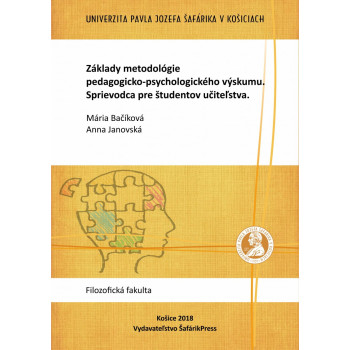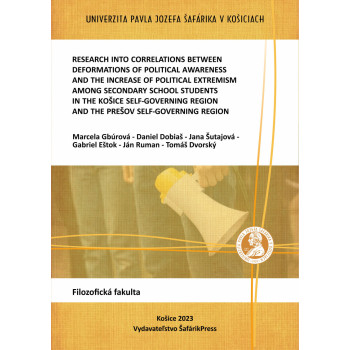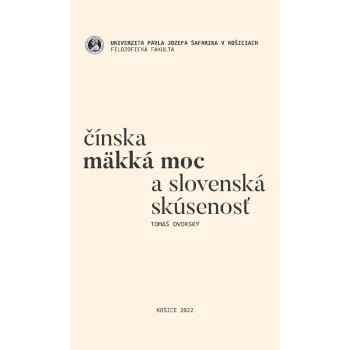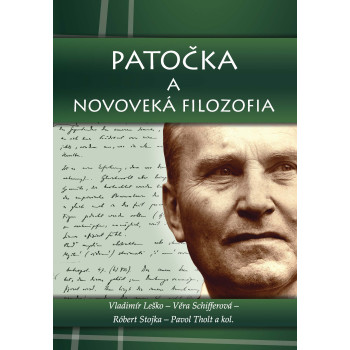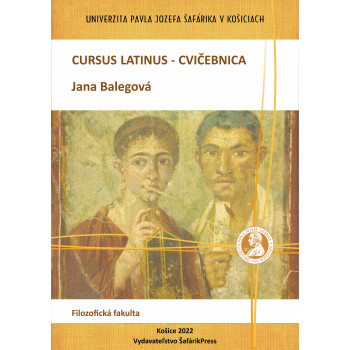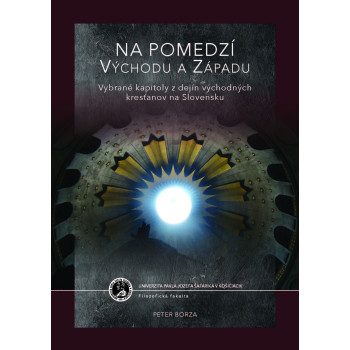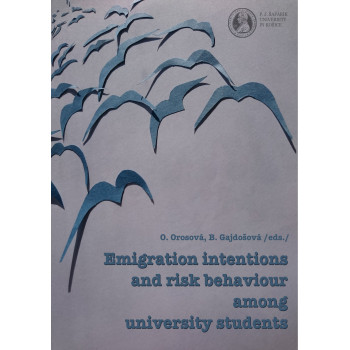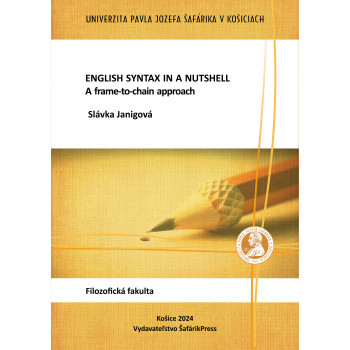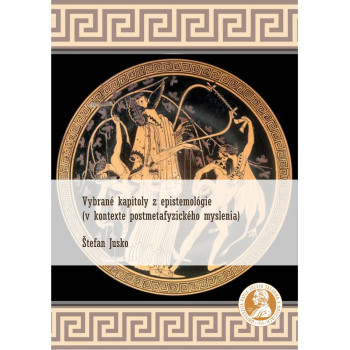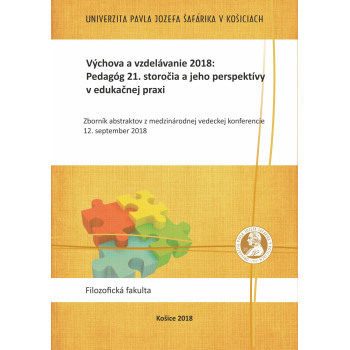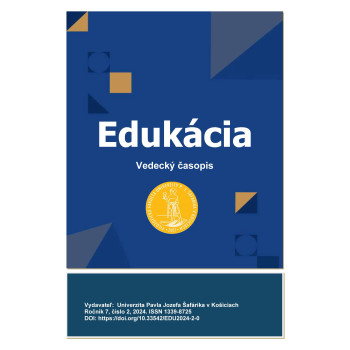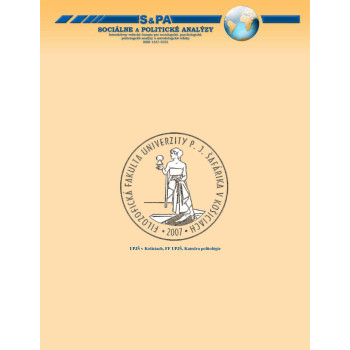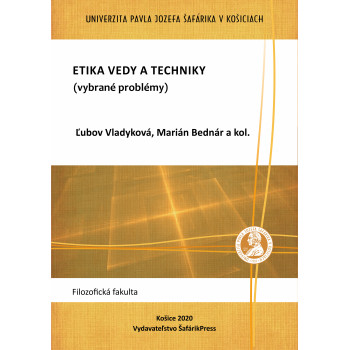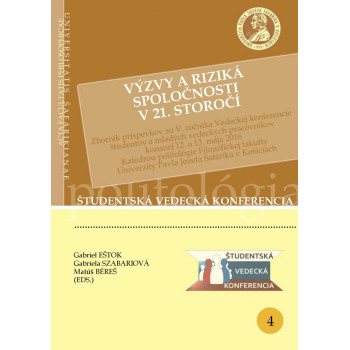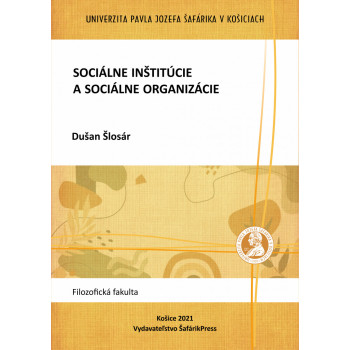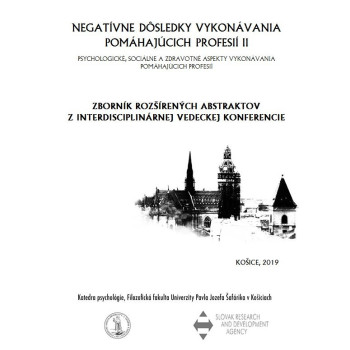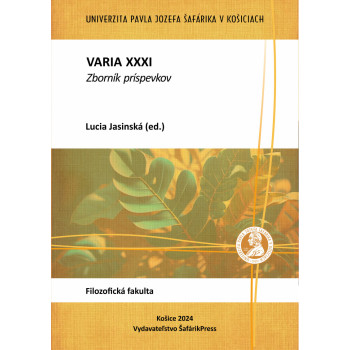
Základy metodológie pedagogicko-psychologického...
E-book
Mária Bačíková - Anna Janovská
The textbook "Foundations of Methodology in Pedagogical-Psychological Research" is primarily intended for students of teaching academic subjects, but it will enrich anyone who needs to familiarize themselves with research methodology focusing on psychological and pedagogical sciences. In the textbook, students become acquainted with the basic principles of conducting research, the process of research implementation, and the basic methods of quantitative or qualitative approaches. The examples used in the textbook are mostly focused on research conducted in a school environment.
By mastering the basic knowledge presented in the textbook, the reader will be able to conduct simple research in school conditions. At the same time, understanding the principles of research methodology helps with the critical evaluation of information from various sources. In preparing the textbook, we utilized our long-term experience with teaching the subject of research methodology, as well as with implementing many research projects. We believe that the simple language of the textbook and the abundance of practical examples will help students understand the basics of such complex issues as research methodology.
We would like to take this opportunity to thank the students of the Faculty of Arts and Natural Sciences at P. J. Šafárik University in Košice who attended the course "Foundations of Methodology in Pedagogical-Psychological Research" in the previous academic year for their inspiration, constructive comments on previous versions of the text, and ideas (or mistakes) that we drew upon in the textbook. We also thank other students who allowed us to use examples from their final theses in the textbook. The conclusion of the work is open because, as it turns out, we do not have a common denominator for both concepts that could decide on the correctness of one or the other concept. It is precisely in this that the Socratic question remains a serious philosophical problem today.



